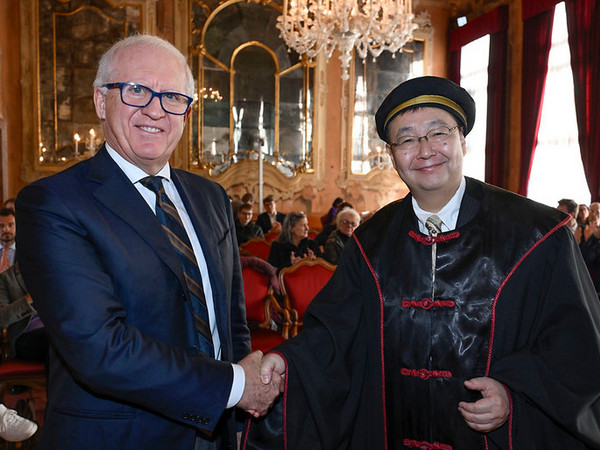Annie Ernaux has been awarded the Nobel Prize in Literature 2022 “for the courage and clinical acuity with which she uncovers the roots, estrangements and collective restraints of personal memory”.
Ms Ernaux was born in 1940 in Lillebonne, Normandy. She has written about twenty novels and short stories which have been published by Gallimard in France. One of her leitmotifs is social vindication. In her writing, she has often shed light on the darkest aspects of social conditions, without denying her own working-class origins.
Her personal experiences in her childhood and youth enabled her to develop acute sensitivity towards the details of everyday life, which give realism to her style. Starting from her first novel (Les Armoires vides [Cleaned out], 1976), “ordinary” reality has been at the centre of Ms Earnaux’s literary project, as she has carefully included all the signs of reality that reveal the sensitive aspects of existence. Her style, seemingly “flat”, neutral and transparent, lends greater impact to the description of painful and at times violent situations — sexual desire, the decadence of the body, the nearness of death, the impossibility of overcoming grief. One particularly painful wound is that caused by abortion, experienced by the author as a clandestine practice of 1960s France. This topic was central to L’Événement [Happening], published in 2000 and translated into a film by Audrey Diwan, the winner of the 2021 Golden Lion at the Venice Cinema Festival.
Even though the background of Ms Ernaux’s work is autobiographical, she has found that “self-fiction” is a way to describe the world beyond one’s personal experience, and she has steered away from using her own life as a literary subject. In the introduction to the collections of novels published in 2011, Ms Ernaux explained the nature and objective of her work: “Writing life. Not my life, not one’s one life, not even a life. Life, whose content is the same for everyone, but that we each experience in individual ways: the body, education, relationships and sexuality, social trajectories, other people’s existence, illness, mourning. Mainly the life that time and history modify continuously, destroying and renovating it” [translated from French].
The centre of this projection of oneself in collective consciousness is the struggle of memory. Great literature has always fought against oblivion, trying to save traces of humanity, in particular in everyday details and in anonymous lives that time would otherwise condemn to inevitably being forgotten. French authors (such as Proust and Modiano) have treated the “search of lost time” as an individual and collective lifesaver, focusing on the mechanisms of memory and historicising memories beyond their supposed “truth”. Following the example of Georges Perec (Je me souviens [I Remember], 1978), Annie Ernaux has given to the narration of memories an original, sociological dimension, with a writing style that is exacting and meticulous. In the masterpiece Les Années (The Years, 2008), Ms Ernaux assembles various pieces of a puzzle from her own perception of time in relation with events that are ordinary, historical, cultural, and even consumerist. In describing 40 years of personal and collective life, she has turned the novel into a global and intimate fresco.
Certainly Swedish academics, captivated by “the courage and clinical acuity with which she uncovers the roots, estrangements and collective restraints of personal memory”, believe that Ms Ernaux’s work (and perhaps her constant civic and political activism) shows the signs of painfully achieved modernity.
The main novels by Annie Ernaux have been published in Italy by Orma Editore publishing house (Rome).
Olivier Bivort, Department of Linguistics and Comparative Cultural Studies











